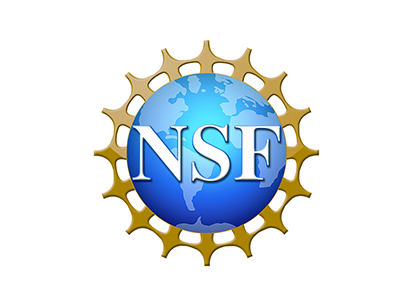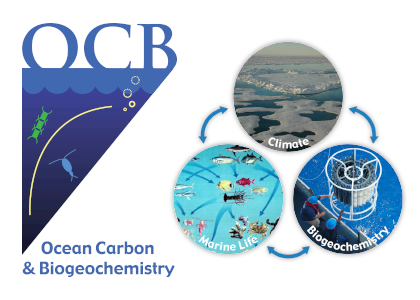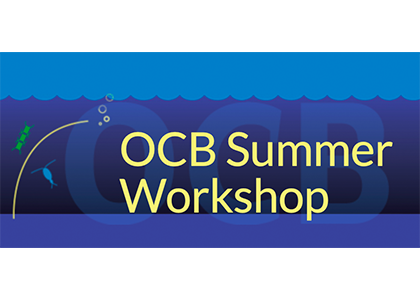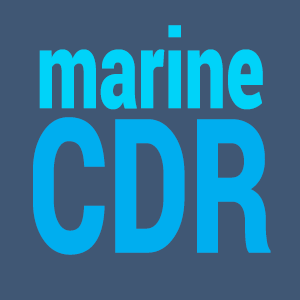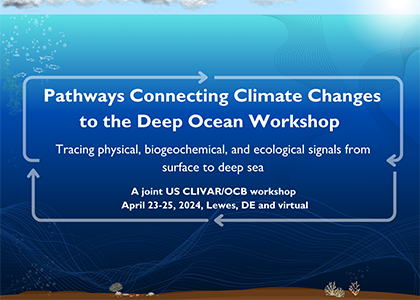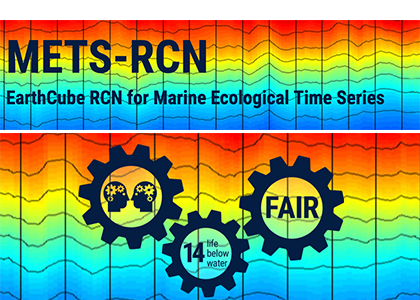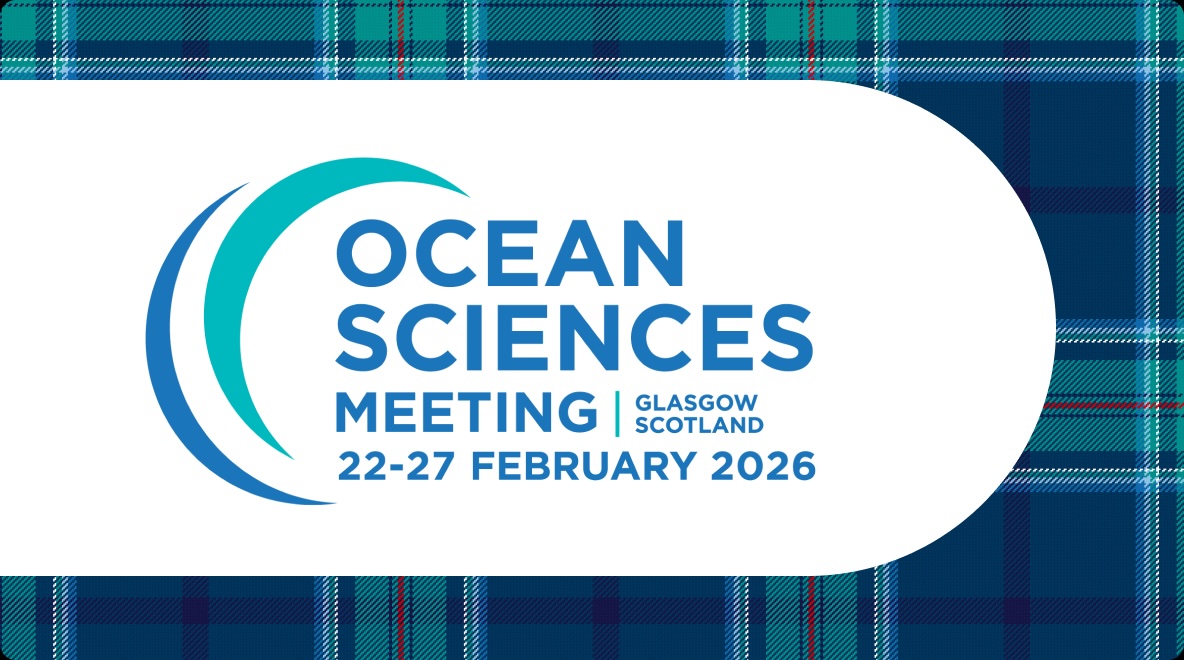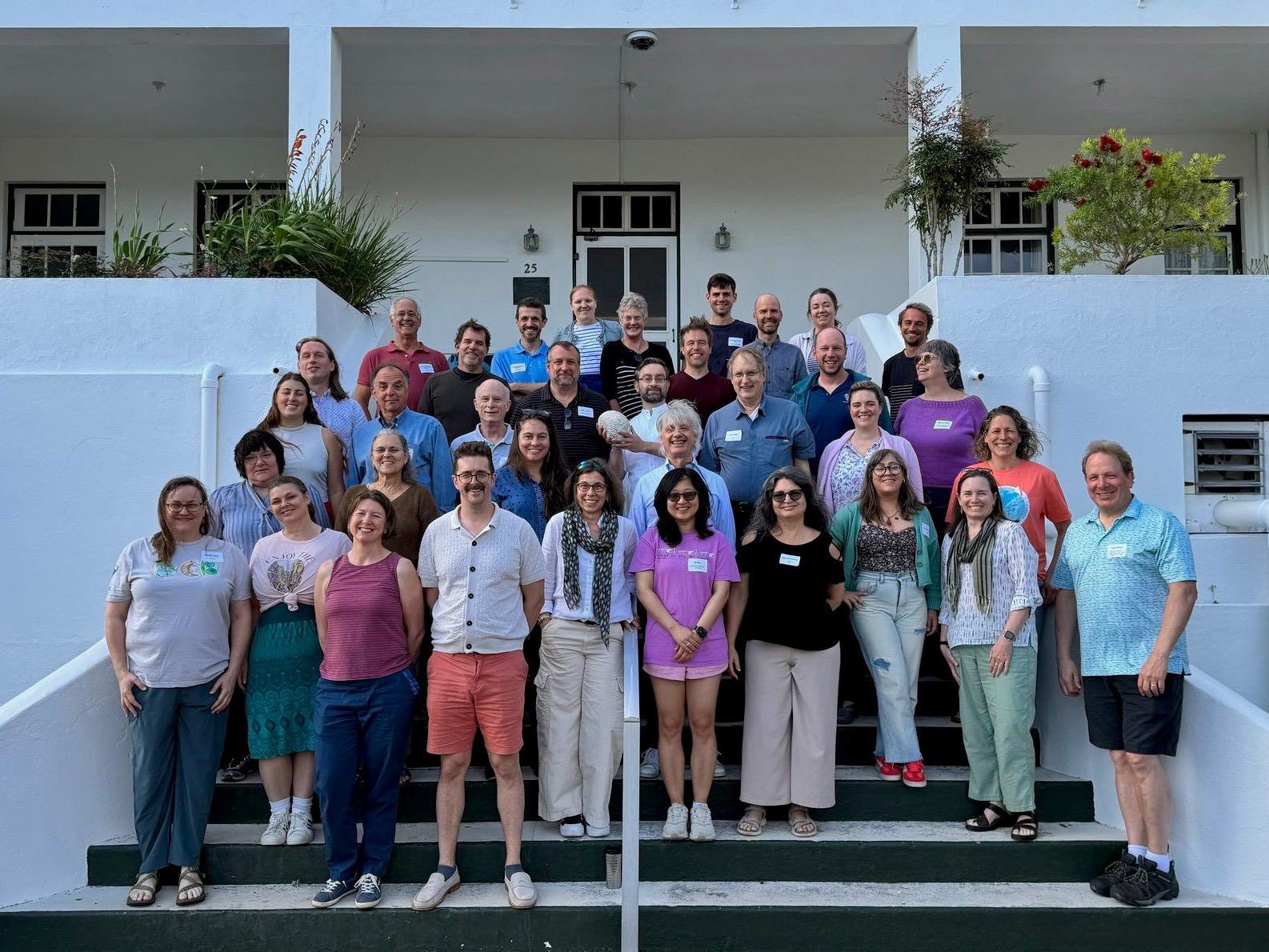The Surface Ocean CO2 Observing Network (SOCONET), an emerging observing network of the Global Ocean Observing System (GOOS), is looking for applications to join our Steering Committee (SOCONET SC) for term beginning on 1 December 2025. Please share the attached call document with your networks.
The newly selected SC members will join those currently acting as interim SC (list in the attached SOCONET Terms of Reference) to develop and deliver a comprehensive and effective set of coordination activities for SOCONET. These activities will include:
- The SOCONET SC will develop and provide oversight for execution of the SOCONET Implementation Plan including a clear strategy to secure the network coordination function.
- The SOCONET SC shall oversee the coordination of surface ocean CO2 observations with the primary objective of delivering sustained, high-quality, and accessible observations for constraining CO2 fluxes between the ocean and the atmosphere.
- The SOCONET SC will establish surface ocean CO2 measurement requirements, including reference-level measurements. Different data qualities will be assigned different Tier levels. This will include developing and disseminating standard operating procedures and best practices and updating those as needed.
- The SOCONET SC will encourage, facilitate, and coordinate the recruitment of greater and global representation in SOCONET, including determination of minimum requirements for SOCONET participants and coordination of training and capacity building activities as needed.
- The SOCONET SC will facilitate collection and timely submission of data from SOCONET platforms to the Surface Ocean CO2 Atlas (SOCAT) data repository and platform metadata through the Joint WMO-IOC in-situ Observations Programmes Support (OceanOPS). The SOCONET SC in coordination with SOCAT and GOOS-OCG shall provide advice on the contents, quality, and timeliness of the SOCONET data streams to ensure that guidelines regarding measurements and data submission are met.
- The SOCONET SC will coordinate with other relevant global observing networks, including those for atmospheric greenhouse gases, other ocean greenhouse gases (N2O and CH4) and satellite-based measurements.
- The SOCONET SC will interact with OceanOPS through GOOS-OCG, International Ocean Carbon Coordination Project (IOCCP / GOOS Biogeochemistry Panel) and relevant panels and working groups (e.g. WMO Greenhouse Gas Watch – G3W) and solicit funding from national agencies and multi-national entities for OceanOPS services.
- The SOCONET SC will facilitate interactions between nations and stakeholders to ensure surface ocean CO2 observations that meet SOCONET quality requirements are made on research vessels, ships of opportunity, surface buoys and other emerging surface ocean observing platforms.
- The SOCONET SC will advocate for routine surface ocean CO2 instrument intercomparison exercises, including for emerging technologies.
- To address specific tasks, SOCONET SC will convene specialized Task Teams (TT). These TTs can include relevant experts that are not part of the SOCONET SC. The TTs will report back to the SOCONET SC and be disbanded following their fixed-term.
SC members serve for a period of four years, with the potential of renewing for an additional 4-year term. SC members are assisted by the Network Coordinator (currently provided by IOCCP) and Technical Coordinator employed at OceanOPS. SOCONET SC will meet once a year in-person, and up to monthly remotely. The expected time commitment for SOCONET activities is on average 1-3 days per month, which might occasionally accumulate around specific activities.
In this call we seek to fill several SOCONET SC positions hoping to be able to fill the expertise, geographic, career stage and other gaps identified by the iSC members. We seek individuals who are familiar with the ongoing community initiatives and needs. Ideally candidates would have some research experience on an international level and a working overview of the global landscape of surface ocean carbon observations. We encourage applications from individuals with strong leadership skills and past experience in providing strategic guidance, e.g. through international working groups or steering committees participation.
To make inquiries and/or to submit your applications, please contact the IOCCP Project Office (ioccp@ioccp.org) by 24 October 2025. Please provide the following information in your application:
- CV including (at a minimum)
- Full name, nationality, contact information (incl. email and institutional website link if available)
- Affiliation and held positions in the past 5 years (with brief description of tasks and responsibilities)
- Membership in national and international networks, programs, expert working groups, etc.
- Up to 10 most relevant publications
- Brief description (300-400 words) of how you see yourself contributing to the SOCONET Terms of Reference and what is your proposed vision for activities related to that contribution.

